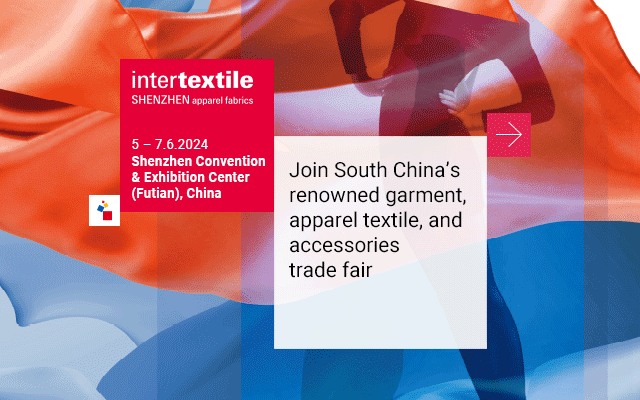Vietnam's manufacturing PMI dips in March 2024: S&P Global

Insights
- Vietnam's manufacturing PMI declined to 49.9 in March 2024, indicating a pause in business improvement with slight declines in new orders and production.
- Despite demand challenges, optimism for future output rose, and employment increased at its fastest pace since October 2022.
- Input cost inflation slowed, leading to reduced selling prices.
There were signs of demand weakness in March, leading to a drop in new orders despite discounts being offered to help secure sales. New export orders were also down, and to the greatest extent since July 2023 amid competitive pressures and geopolitical issues.
With new orders down, firms also scaled back production at the end of the first quarter of the year, following growth in January and February. The drop in production was only marginal, however, and limited to intermediate goods firms as expansions were recorded at consumer and investment goods producers.
Despite the weakness seen in March, manufacturers were increasingly confident that production will increase over the year ahead. Optimism was the strongest in a year-and-a-half. Firms expect the launch of new products to boost output, while also hoping that an improvement in market demand will help to support new order growth.
Manufacturers also stepped up their recruitment efforts in March, raising employment for the second month running and at the fastest pace since October 2022.
Rising staffing levels, and a drop in new orders, helped firms to work through outstanding business for the second consecutive month. Moreover, the rate of depletion was the fastest in five months.
Lower output requirements led firms to reduce their purchasing activity in March, the fifth month running in which this has been the case. In turn, stocks of inputs decreased solidly.
Stocks of finished goods also decreased, and to the greatest degree in 33 months. Lower production and the shipping of products to customers were behind the drop in postproduction inventories. In a number of cases, goods destined for export had been dispatched.
Reduced demand for inputs contributed to a slowdown in the pace of input cost inflation, with the latest rise the softest since August last year and weaker than the series average. Where input prices did rise, panellists linked this to higher raw material and oil prices.
Manufacturers reduced their selling prices for the second time in the past three months. The marginal decline in March followed a slight increase in February and reflected a combination of competitive pressures, subdued demand and softer cost inflation.
Finally, suppliers' delivery times were broadly unchanged at the end of the opening quarter of the year. International shipping delays and conflicts led to delays receiving goods in some cases, but this was broadly cancelled out by vendors having sufficient inventory holdings to meet orders.
Fibre2Fashion News Desk (DP)
































-Ltd..jpg?tr=w-120,h-60,c-at_max,cm-pad_resize,bg-ffffff)





.jpg?tr=w-120,h-60,c-at_max,cm-pad_resize,bg-ffffff)
.jpg?tr=w-120,h-60,c-at_max,cm-pad_resize,bg-ffffff)






